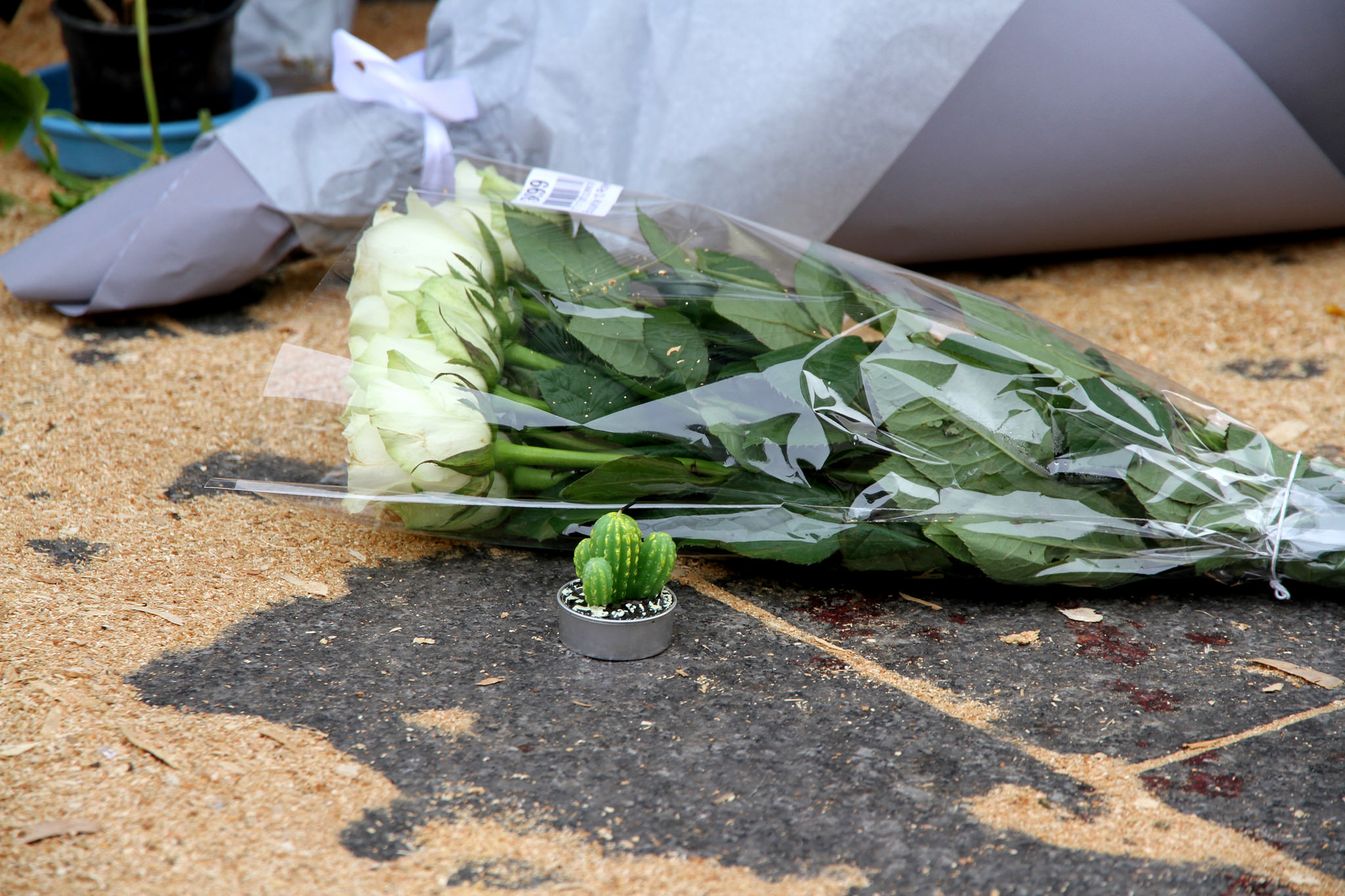By Solange Harpham
The news of the hundreds of dead in Paris, gunned down by terrorists in clubs and restaurants has left the country in shock. With 128 dead, it is the deadliest terrorist attack ever having taken place in France. Reactions have been diverse, and questions numerous.
During and after the attacks, Le Monde has established a live feed of verified information to answer readers’ questions. This has allowed many to voice their concerns: is it safe to go out ? How many casualties and where ? Are terrorists still around ? What does “state of emergency” mean? In a time of outpouring of information from all sources, the initiative strives to answer the citizens’ needs and provide them with source-based information, but also disqualifies early attempts at spreading fake photos and rumours. The French official media seems to follow this prudent trend, giving small bits of information day by day while the investigation of the attacks carries on discreetly.
Of course the same cannot be said for social media, where rumors of conspiration, personal rants and photos of would-be jihadists are abound. Some Americans seems to have taken it upon themselves to point at French gun laws as the problem. These statements cannot, of course, stand up to the statistics of the average number of people gunned down per year in the United States and in France – let us all pause and remember that this terrorist attack has been the deadliest in years while shootings in the United States seem to be nothing short of a monthly practise. Since September 2001, 313 000 Americans have been killed by guns.
On a more positive side, the humane reaction to these attacks has been overwhelming. Not only do survivors all have stories of complete strangers protecting or helping them, but all of us in Paris have received a number of caring and anxious messages which leave no doubt about our human friendship and family links, sometimes revived after long periods of silence. People have rushed to hospitals to donate their blood, the hashtag #portesouvertes has allowed many to find a safe haven during that terrible night, and initiatives such as candles in windows, and black mourning clothes have flourished to make up for the prohibition of demonstrating. These kinds of traumatic events always contribute in showing what is valuable.
However, this is also a time of uncertainty and questioning. Should France consider pulling out of the war in Syria? Taking into account that our strikes were ironically precisely to eliminate future terrorist action, would stopping the strikes eliminate all danger of further terrrorist attacks, or would it strengthen the Islamic State, enabling it to carry out attacks in other countries and conquer more territory ? Should the Coalition consider further action on the ground against IS ? Some articles convincingly argue that IS’s random attacks are a sign of its weakening on the ground, with the symbolic killing of Jihadi John, the loss of the strategic city of Sinjar and of the town of al-Hawl in northeast Syria. Could it be that the engaging in random terrorist attack show that Daesh is trying to reassure its troops in the face of significant defeats ?
And what about solutions ? Closing the borders can only be a short-term solution – one cannot afford to be as generous when under immediate threat. More long-term solutions could include stronger control of arms traffic of the Schengen borders.. A number of questions were raised on social networks about the AK47 machine guns the terrorists handled – how did they bring them to the sites? ? Where did they get them? More gun control is probably the solution rather than less gun control.
But in the long term, one could also think about jihadism in itself. As I’ve written in a previous article on Daesh, jihadism is the symptom of a sick society, a society which breeds resentment and incomprehension. One the long run, we need to understand why some are excluded by our society and look for recognition by other means – such as joining Daesh. The book « le jihadisme » written by Philippe Migaux, Farhad Khosrokhavar and David Benichou, published in april 2015 could help us think about the phenomenon. Attacks such as the one in Paris three days ago cannot obliterate our desire to understand, nor our critical thinking. Emotion is natural, but should not prevent us from imagining a better future.
Featured Photo Credit: Maya-Anaïs Yataghène, CC Flickr. License can be found here.

